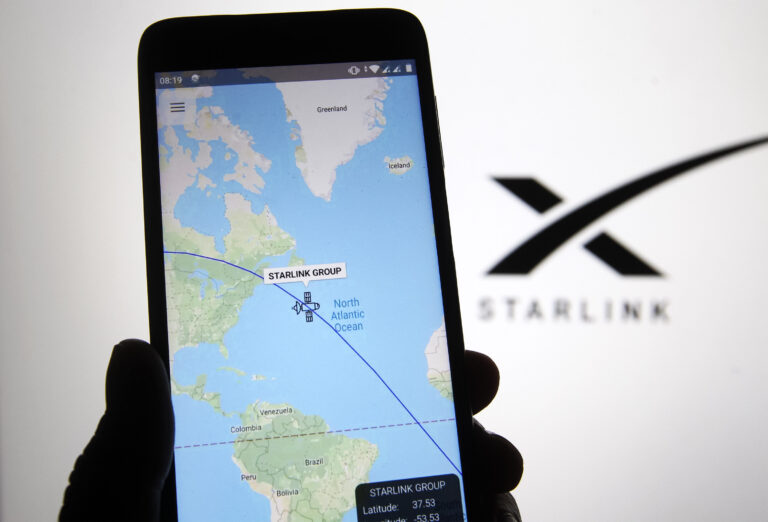Indiegogo will review crowdfunding campaigns before they launch
has announced some big changes for its crowdfunding platform. The biggest move is that it's transitioning from an open platform to a closed one, with the goal of eventually vetting every campaign before it goes live. , Indiegogo's vice president of product and customer trust Will Haines noted that when the company started in 2008, the idea was to let anyone raise money for just about any purpose with few restrictions.
"However, I’ve learned that 'open' is not what our community wants," Haines wrote. "Crowdfunding is not shopping — people generally understand that now — but it also shouldn’t be a leap in the dark. And it certainly can’t be scamming. Our community of backers is the reason that anything happens on Indiegogo, and they are counting on the platform to be a safe, trusted space to engage with innovation."
As such, Indiegogo will scrutinize projects more closely before those seeking funding can push their campaigns live. Under what the company is calling The Guidepost Program, Indiegogo will do more to ensure that projects have a viable plan to follow through and fulfill their rewards.
Haines stressed that Indiegogo can't guarantee every campaign will deliver on its promises, but it "can protect backers from unfeasible projects and outright scams. We now have the resources and expertise to apply this level of scrutiny to all of our largest campaigns and will expand it to every campaign moving forward."
Indiegogo has expanded its trust and safety team to help it screen campaigns, and it formed a review board to oversee the riskiest campaigns and the "most impactful" decisions made by the trust team. In addition, the company has teamed up with GoFundMe to create the Crowdfunding Trust Alliance. The group's goal is to share best practices and discuss industry trends, and it aims to enlist other reputable crowdfunding platforms.
One feature that's on the way to Indiegogo is the Trust Loyalty Program. This will highlight campaigns from creators who have run successful projects in the past. Haines wrote that Indiegogo will "tailor our vetting to match the historical risk level of these entrepreneurs."
There have been many crowdfunding-related scams and over the years, as well as campaigns for products that don't seem to . It's likely a net positive that Indiegogo is getting more serious about screening campaigns, even if some legitimate projects might fall through the cracks. In any case, it's still wise to exercise caution whenever you consider contributing to a campaign, since there's always going to be at least a little risk.





